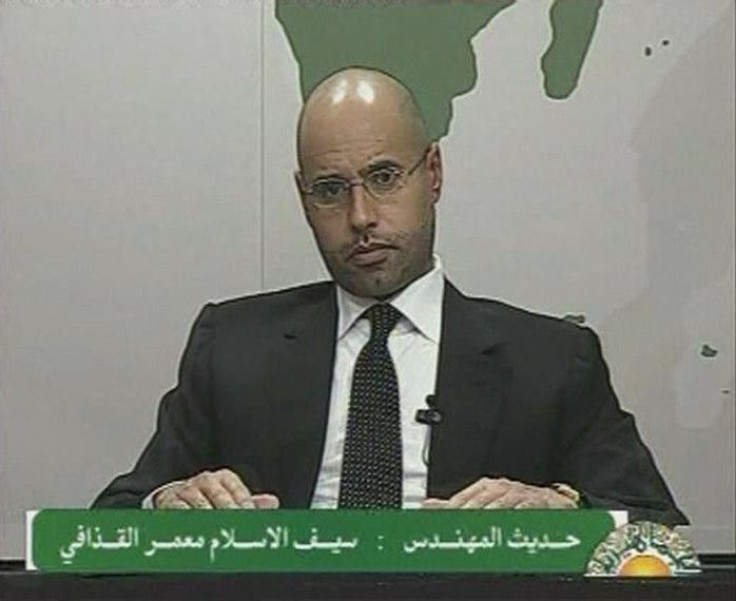London School of Economics distances itself from Libya and the Gaddafis

The London School of Economics (LSE), which has a long history of association with Libya and its ruling powers, especially Saif al-Islam Gaddafi, the son of Libyan leader Muammar Gaddafi, is reportedly reconsidering its connections with the country and its authorities in the wake of the violence that has gripped the state.
A statement issued by the School and published on its website says The School has had a number of links with Libya in recent years. In view of the highly distressing news from Libya over the weekend of 19-20 February, the School has reconsidered those links as a matter of urgency.
In continuing civil unrest in the entire Arab world, Libya has witnessed one of the most recent spurts of anti-government protests, with over 200 fatalities reported since the outbreak of violence. In the wake of the turmoil, Saif al-Islam, who had been appointed by Gaddafi as General Coordinator in 2009, warned in a televised address over the weekend that the country would see rivers of blood if violence continued.
Times Higher Education reports that Saif al-Islam holds a PhD in governance and International Relations from the institution and had pledged £1.5 million to LSE Global Governance - a research centre at the institution - via a charitable foundation in 2009.
LSE corroborates this in its statement and explains in a note that the money has been primarily used to date on a North African program of study, principally involving civil society issues. However it adds that under the current circumstances across the region, the School has decided to stop new activities under that program, though it would continue to work on democratization in North Africa funded from other sources unrelated to the Libyan authorities.
LSE has also delivered executive education programs to Libyan officials in the past, principally from the Economic Development Board and managers. That program, too, has been completed, and no further courses are in preparation, School sources said.
© Copyright IBTimes 2024. All rights reserved.











